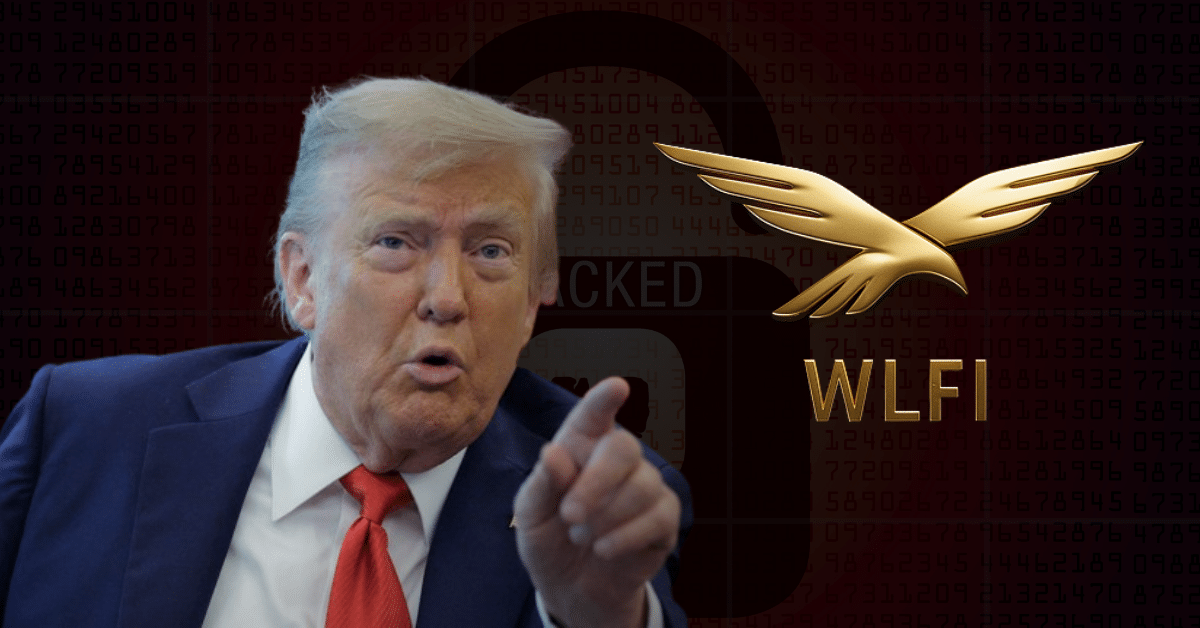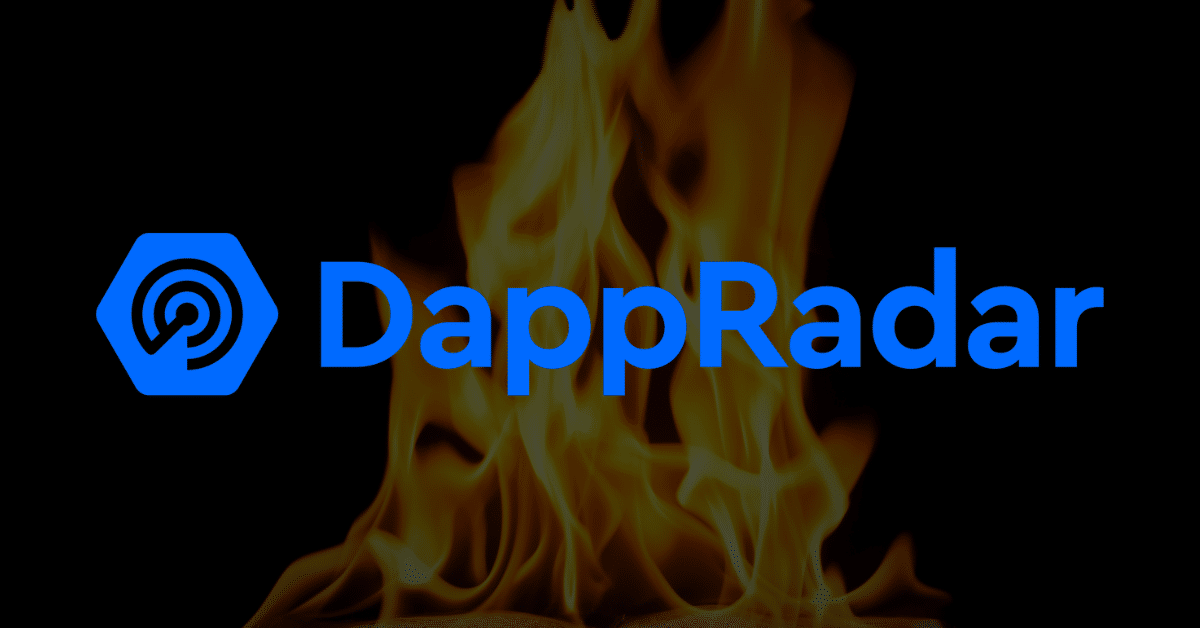Key Takeaways
- WLFI token holders are being targeted by a “classic EIP-7702” exploit, which leverages a malicious delegate contract to drain funds from wallets with leaked private keys.
- The attack utilizes “sweeper bots” that instantly “snatch” any new tokens or funds that a user deposits, making it impossible for victims to move their assets to a secure location.
- Security experts warn that the primary vulnerability is a leaked private key, which is most often stolen through sophisticated phishing scams.
The launch of the World Liberty Financial (WLFI) token has been hit by a security exploit that is draining the wallets of its governance token holders. According to security expert Yu Xian, hackers are using a known phishing exploit tied to Ethereum’s EIP-7702 upgrade.
This attack pre-plants a malicious contract in a compromised wallet that automatically transfers any new deposits to the attacker, a move that is difficult and fast to counter.
How the ‘Sweeper Bot’ Exploit Works
The EIP-7702 upgrade, part of Ethereum’s recent Pectra hard fork, allows regular wallets to temporarily function as smart contract wallets, enabling features like batch transactions to improve user experience.
However, hackers are exploiting this new feature to their advantage. Once a user’s private key is compromised, typically through a phishing scam, a malicious “sweeper bot” is pre-planted within the wallet.
This automated script then instantly detects and transfers any new deposits, leaving users unable to move their funds. The funds, along with any gas fees they might try to deposit, are immediately drained.
Community Discusses the Threat
The exploit has caused significant stress and frustration within the WLFI community. Some users have reported losing most of their tokens, with others expressing concern that the token’s initial presale requirements—which made the community particularly vulnerable—exacerbated the problem.
The loss of a private key is equivalent to giving away full control of a wallet. With the WLFI token now tradable, holders with compromised keys are in a race against time to either recover their assets or risk losing them to these sophisticated, automated attacks.
Final Thoughts
The EIP-7702 exploit is a stark reminder of the security risks that come with interacting with new crypto projects. While the community forums are abuzz with concerns, the fundamental takeaway is clear: the safety of digital assets rests on the security of the private key.
This incident should serve as a wake-up call for all crypto users to practice extreme caution, use hardware wallets, and be wary of any attempts to phish for their private information.
Frequently Asked Questions
What is a private key?
A private key is a secret code that grants you full access to a crypto wallet. Anyone who possesses your private key can access and control your funds.
What is a “sweeper bot”?
A “sweeper bot” is an automated script that monitors a compromised crypto wallet and instantly transfers any new incoming funds to an attacker’s address.
How can I protect my tokens from this exploit?
To protect your tokens, you should never share your private key or seed phrase. Using a hardware wallet (cold storage) is one of the most effective ways to keep your keys offline and secure.























